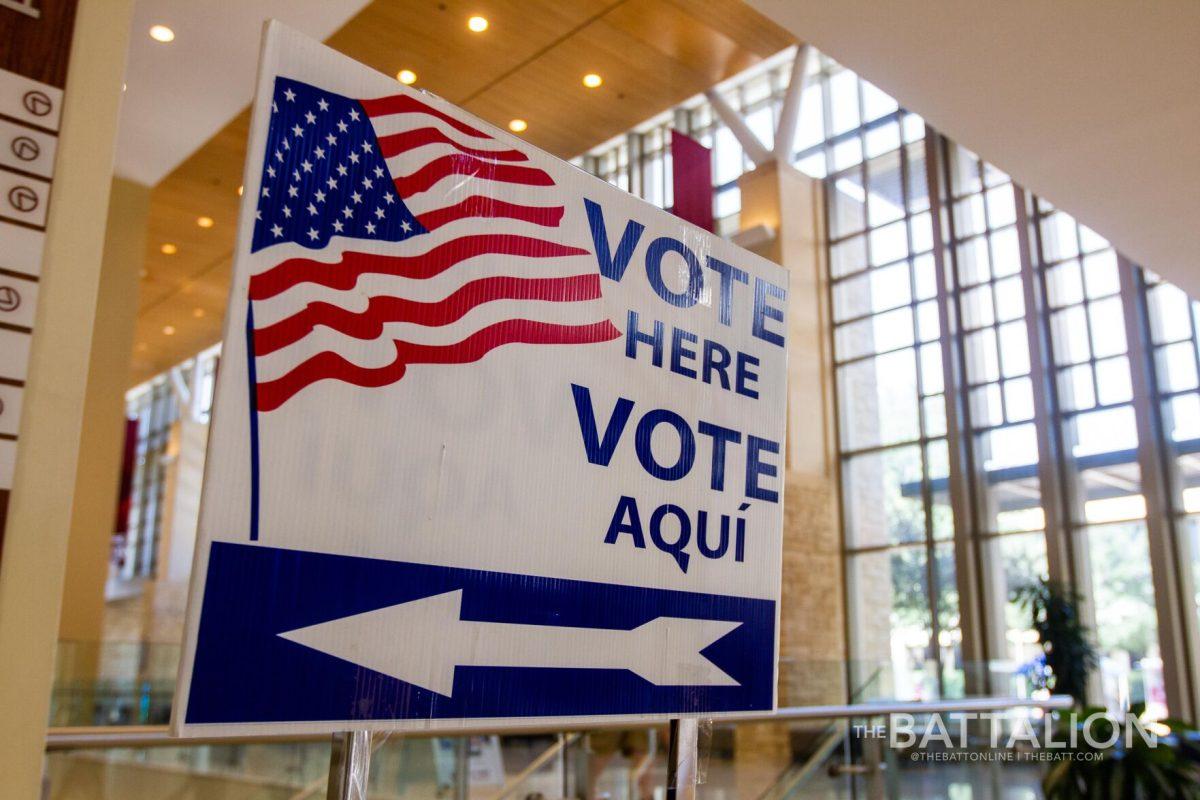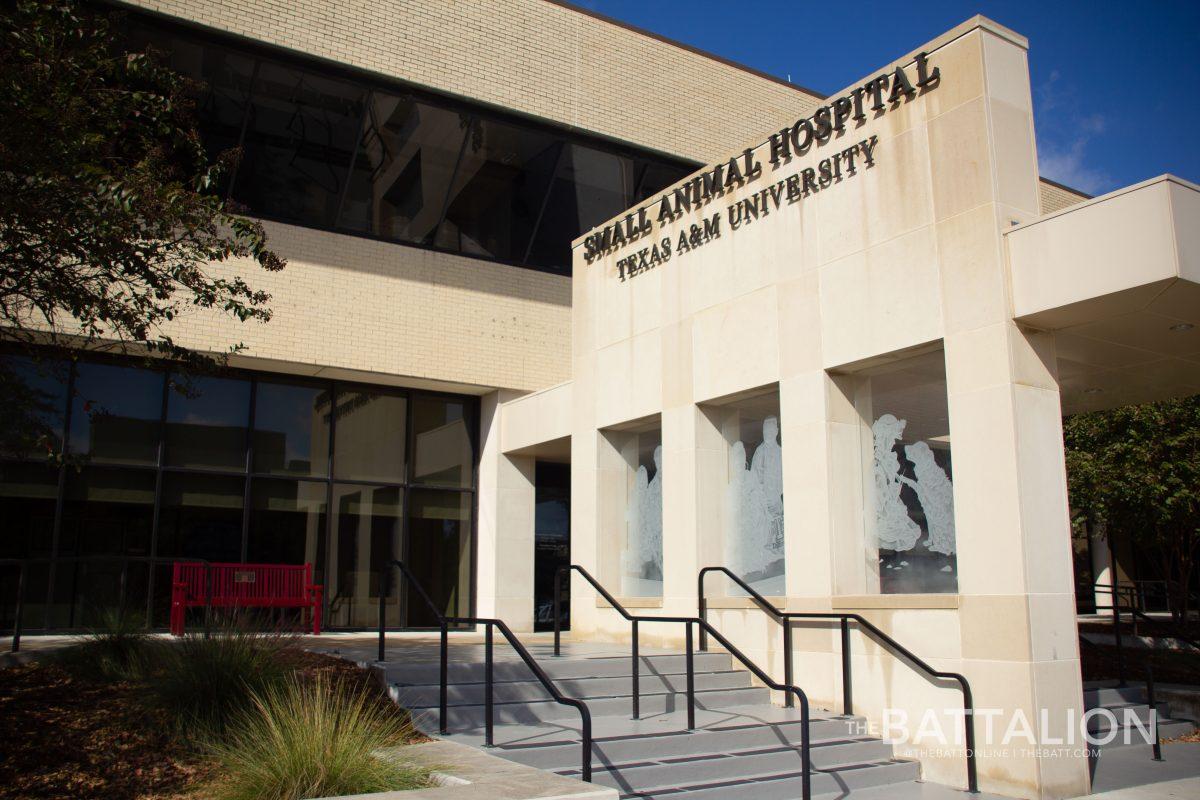On Aug. 22, the University of Texas System and Board of Regents updated the university’s free speech policy, prohibiting universities within the system from making political or social issue statements not directly related to campus operations.
Students from various political organizations are concerned that a similar policy might come to Aggieland — and are especially concerned it might punish staff and faculty for political or social statements, restricting their freedom of speech.
Political science graduate Jake Turner, president of Texas A&M College Republicans, says freedom of speech is essential to society.
“It’s very important that you can have this disagreement respectfully,” Turner said. “That you can talk with the other side, find common ground and see the values in them that you see in yourself.”
On the other hand, Turner said freedom of speech is not the same across the board. People, for example, are owed free speech, Turner said, but institutions aren’t alive and don’t have the same intrinsic requirements.
Political science sophomore and programs manager officer of Texas Aggie Democrats Ivan Teter said freedom of speech means expressing any view — though there are limits when actively inciting violence or threatening people’s lives.
Teter said that universities should focus on the education of their students rather than being involved in political and social issues. If “it isn’t directly involved with the pursuit of truth and knowledge,” he said, the university has no place speaking on it.
In contrast, Turner said the university should speak out only in instances constituting a “broad American need” — like Suicide Prevention Month.
“Whenever we have more controversial things, I think we should have a more neutral university,” Turner said. “Especially since right now, there’s a trend that the right [side of politics] is not very fond of colleges, viewing them as woke indoctrination camps.”
History senior and committee coordinator officer of the Young Democratic Socialists of America Aidan McPhail said freedom of speech is more than just expression and being able to talk through differences.
“For me, it means being able to express yourself — and not necessarily exclusively through speech but through expression in general, without being concerned about disciplinary actions or legal action,” McPhail said.
Turner said there is a concern about disciplinary and legal action through protests.
“Protesting is naturally an extension of your free speech right as an individual,” Turner said. “Although the difficulty is balancing the speech rights of these students, regardless of their view, with the actual function of the university as an obligation to its whole student body.”
McPhail said students using their right to protest can still face consequences — a lesson learned after the University of Texas’ reaction to pro-Palestine protesters last spring.
“Ideally, they should have taken what I believe would have been a positive stance, opened the dialog with the protesters and maybe tried to accept some of their pretty valid demands,” McPhail said.
In The Daily Texan’s article discussing the new UT System policy through UT’s student newspaper perspective, President Jay Hartzell issued a statement stating while the university took no explicit stance on the war in Gaza, it condemned both Hamas and antisemitism on campus.
McPhail said UT could have faced less criticism by following A&M’s lead.
“A&M didn’t have any of the backlash because campus admin[istration] opened the dialog with us and actually listened to our concerns rather than calling the cops on us,” McPhail said.
David Keating, the president of the Institute of Free Speech, a national organization emphasizing First Amendment rights, said UT’s new policy aligns with the institute’s values in a statement The Daily Texan’s article cites.
Teter said that while the university can control what is posted, it may have difficulty regulating other individuals on A&M’s campus who represent it.
“I think that professors, faculty and students should all be allowed to have opinions and voices,” Teeter said. “However, professors and faculty should not let it get in the way of doing the job of educating people.”
While McPhail hasn’t seen or heard any indications of a crackdown coming to A&M, it doesn’t take long to implement — and the new policies certainly have brought up challenges that UT must navigate.
“Things could change very quickly like they did at UT,” McPhail said. “Because all of this happened in the span of a few months. So right now, I don’t see anything happening regarding further crackdowns or even any crackdowns at A&M, but time will tell.”










